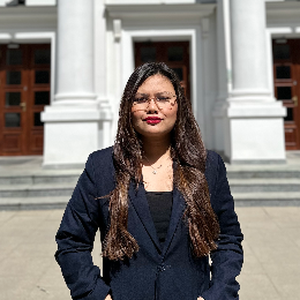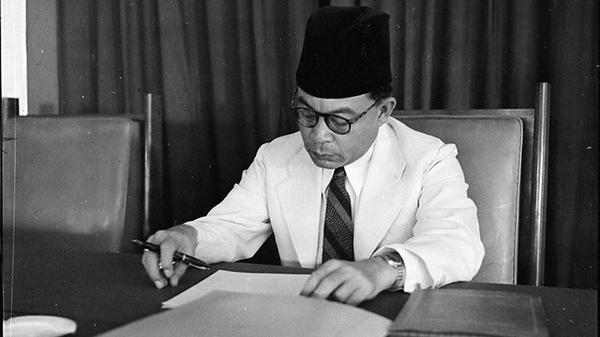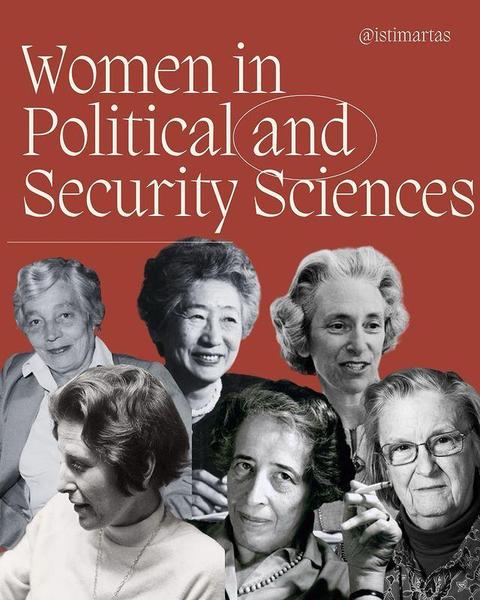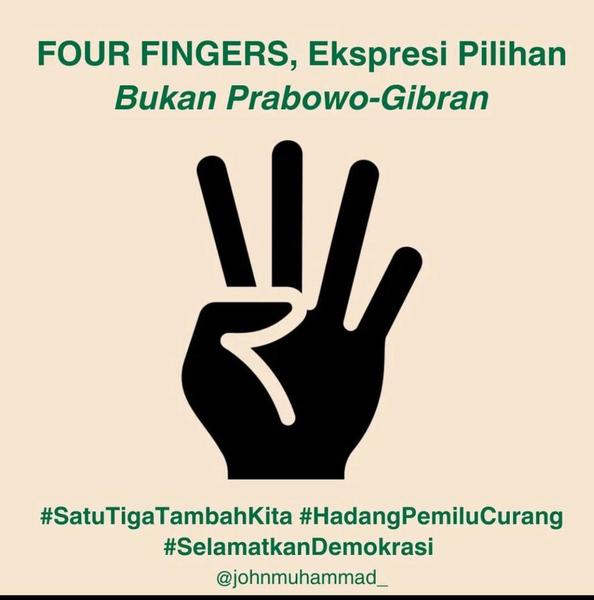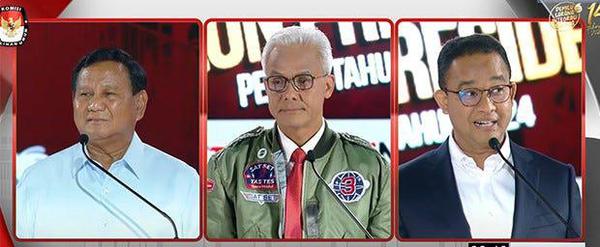Doctoral student at the University of Warsaw working at the intersection of political science (public policy), cybersecurity, and international relations.
I focus on emerging technologies such as artificial intelligence, cyberspace, quantum technologies, and surveillance, and how these technologies intersect with policy processes, legal frameworks, and their roles in hybrid warfare and geopolitical competition, with a regional emphasis on the Indo-Pacific.
Currently, I am developing a theory called techno-realism, which explores how technological centers of power and non-state actors, including Big Tech companies, NGOs, hacker groups, and transnational activist networks, shape governance, influence political processes, and challenge traditional notions of sovereignty.
In political science, researchers are often seen as either theorists or scientists; I aspire to be both, combining conceptual innovation with empirical rigor driven by data-centric, computational analysis.
I am well-versed in theoretical and empirical methods in political science, with practical experience in qualitative, quantitative, and (currently focusing on) computer-assisted research.
I am developing data science pipeline skills using Python and NLP libraries to process and analyze large-scale policy documents. This includes text mining, network analysis, and statistical modeling to support my research on policy diffusion, polycentric governance, and public-private partnerships (PPP) in cybersecurity and tech/digital policy.
Beyond academia, I bring four years of professional experience in content management in EU-based companies (tech and e-commerce industries) as a QA specialist and content coordinator.
I regularly contribute political commentary to The Diplomat and Medium, writing on political science, technology, and international affairs, and I’ve presented my work at international conferences (IPSA 2025 in Seoul and ICPP7 in Chiang Mai).
My full portfolio can be found here: istimartasukma.com

